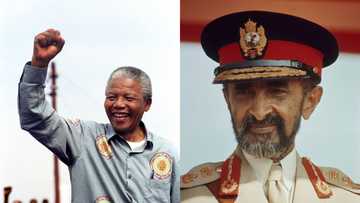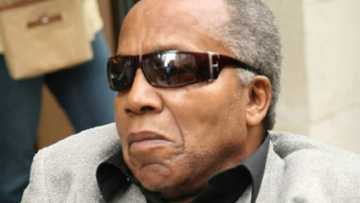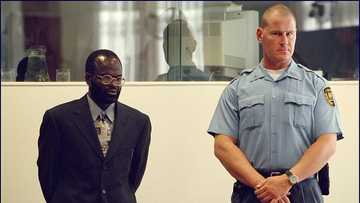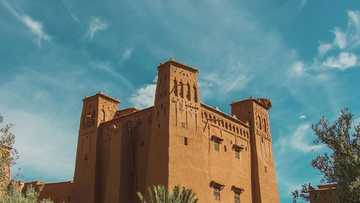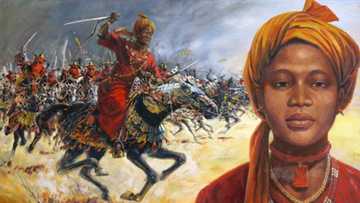20 greatest African warriors that made history (with infographics)
Since time immemorial, the African continent has had some great leaders who have propelled the continent to its position today. But, who were the greatest African warriors of all time? These warriors were not only great combat people, but they were also great leaders who ruled and led their people with wisdom and great strategies.
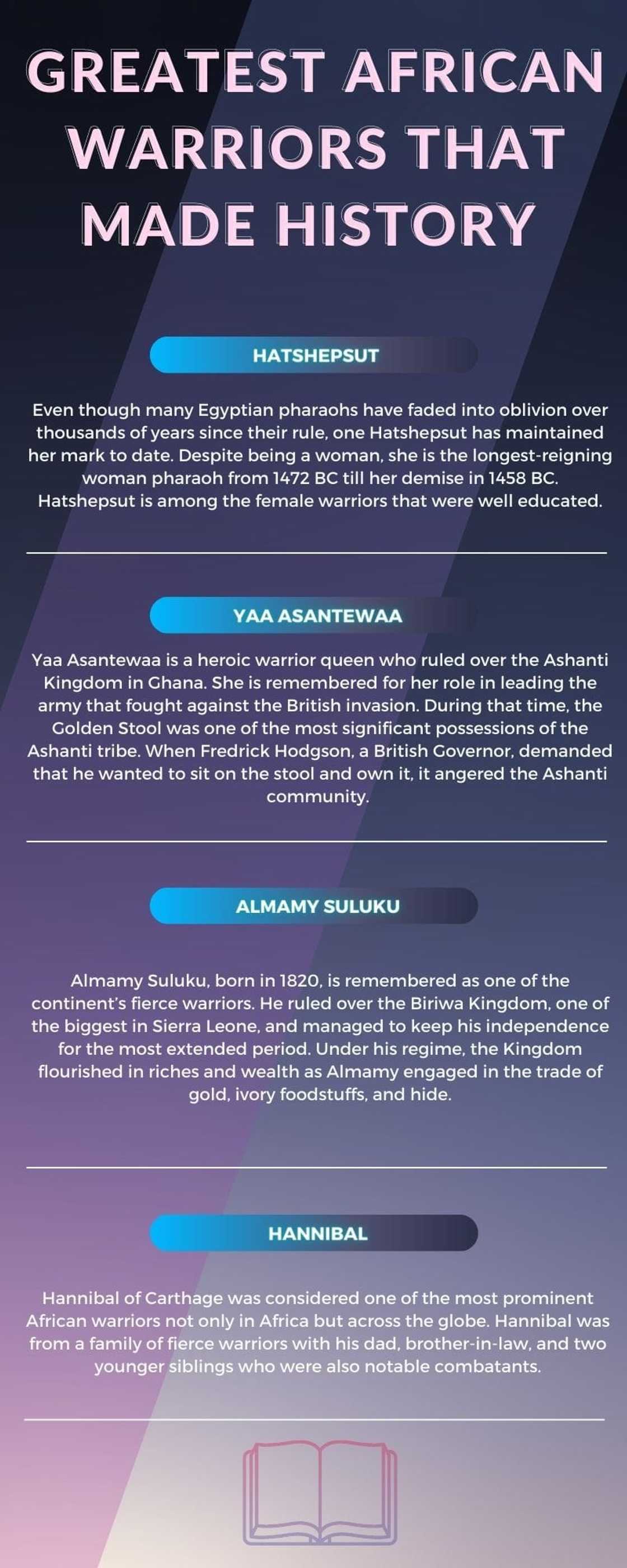
Source: UGC
Over time, many African cultures have adopted new traditions, making many traditional cultures extinct. But, one thing that stands out is the African warriors who ruled over time. Their names are still mentioned even in the current generations due to their outstanding leadership qualities and the great things they achieved during their times. Below is a list of these ancient African warriors.
20 famous African warriors
Starting from the Egyptians in the North to the Zulus in the South, Africa has no shortage of legendary and influential figures. Some individuals like to associate themselves with these figures by decorating their bodies with African warrior tattoos. Here are 15 fascinating rulers in African history.
1. Hatshepsut
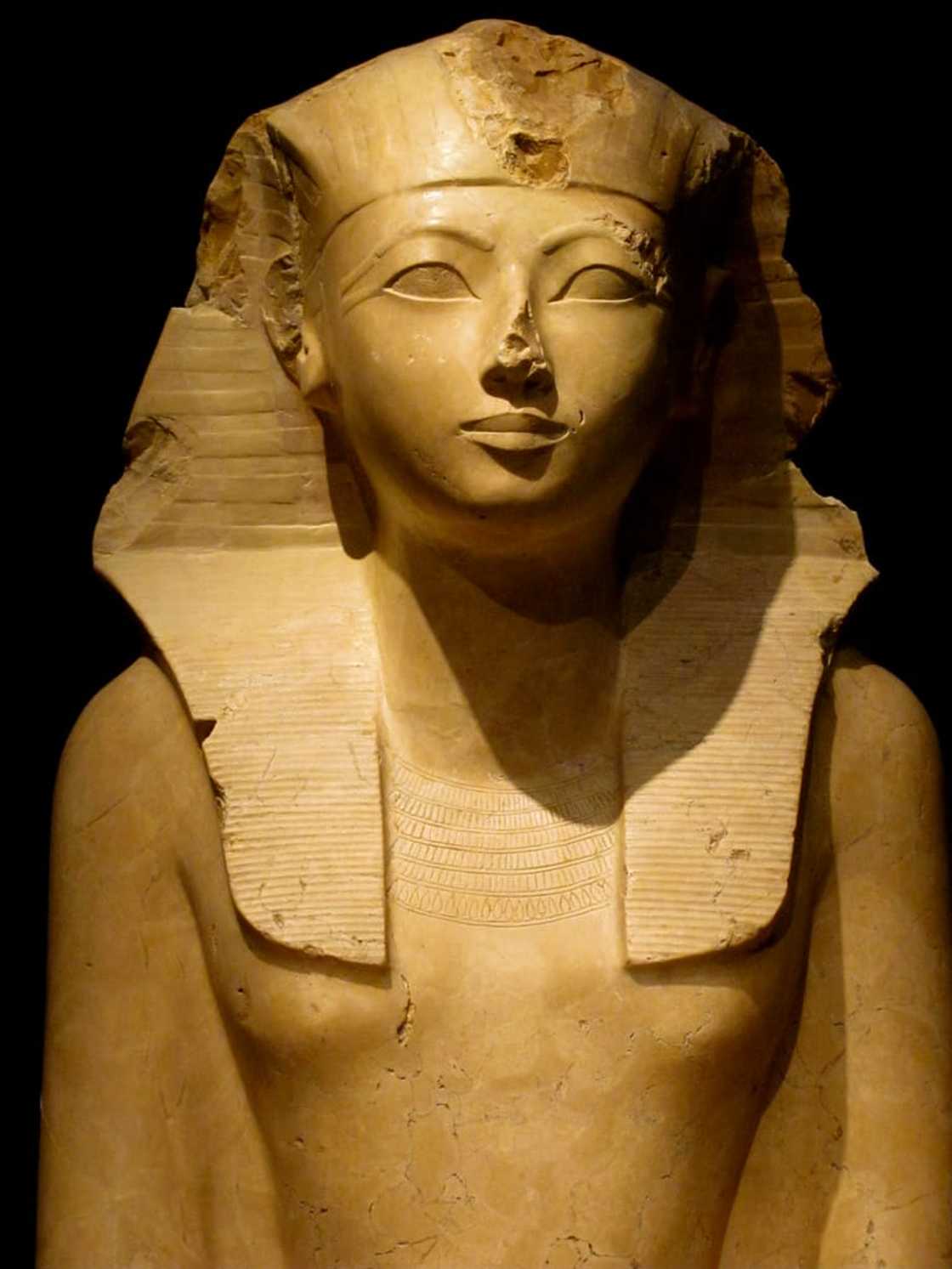
Source: Instagram
Even though many Egyptian pharaohs have faded into oblivion over thousands of years since their rule, one Hatshepsut has maintained her mark to date. Despite being a woman, she is the longest-reigning woman pharaoh from 1472 BC till her demise in 1458 BC.
Hatshepsut is among the African female warriors that were well educated. During her reign, she managed to increase the wealth of Egypt by developing vital trade routes. Moreover, she also managed to construct and commission several buildings, statues, and monuments.
2. Yaa Asantewaa
Yaa Asantewaa is a heroic warrior queen who ruled over the Ashanti Kingdom in Ghana. She is remembered for her role in leading the army that fought against the British invasion. During that time, the Golden Stool was one of the most significant possessions of the Ashanti tribe. Therefore, when Fredrick Hodgson, a British Governor, demanded that he sit on the stool and own it, it angered the Ashanti community. For this reason, under the directive of Yaa Asantewaa, the Ashanti managed to fight and win against the British. Yaa was later exiled to Seychelles, where she stayed until her death.
3. Almamy Suluku
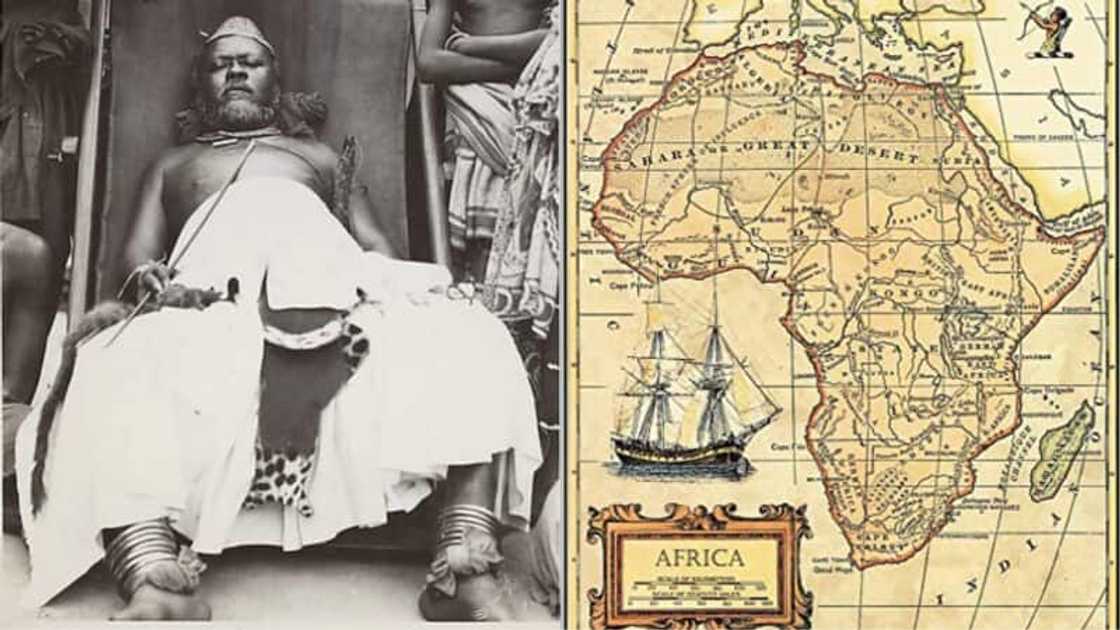
Source: Instagram
Almamy Suluku, born in 1820, is remembered as one of the continent’s fierce warriors. He ruled over the Biriwa Kingdom, one of the biggest in Sierra Leone, and managed to keep his independence for the most extended period. Under his regime, the Kingdom flourished in riches and wealth as Almamy engaged in the trade of gold, ivory foodstuffs, and hide.
4. Hannibal
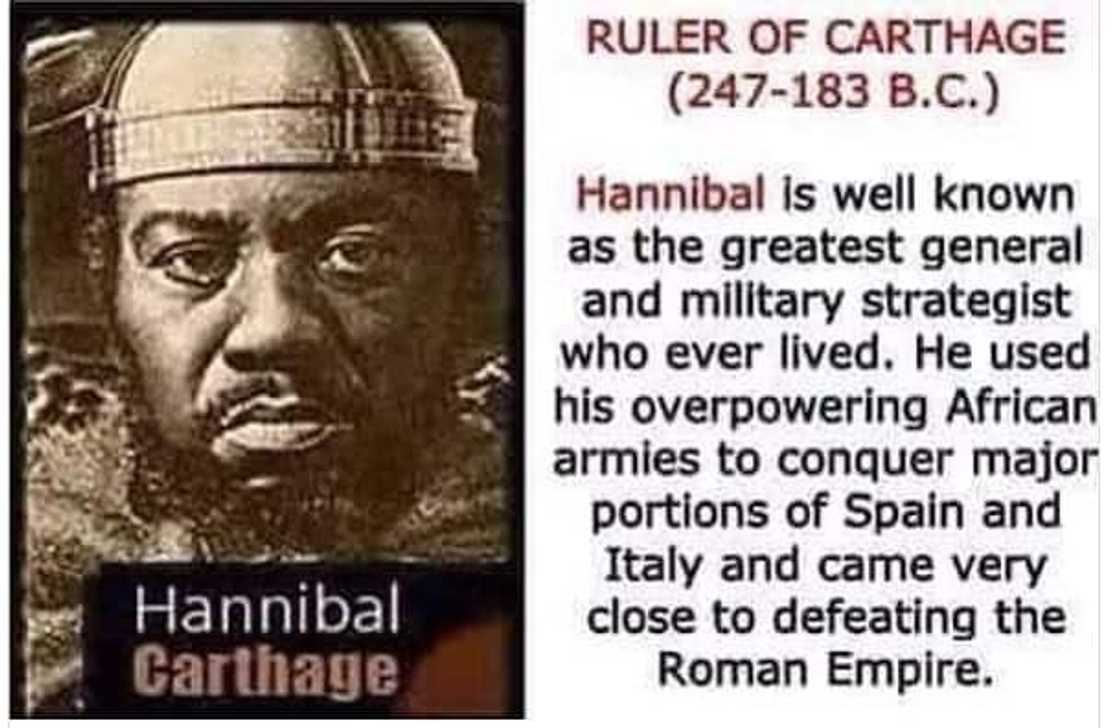
Source: Instagram
Hannibal of Carthage was considered one of the great African warriors in Africa and across the globe. Hannibal was from a family of fierce warriors with his dad, brother-in-law, and two younger siblings who were also notable combatants.
Under his regime, Hannibal led his armies in conquering most of the nations that faced the Mediterranean. One of the famous stories of this African ruler is how he used elephants to help his soldiers cross over the Pyrenees and the Alps. According to many legends, all the Roman families lost at least one family member to the Hannibal militias in what was dubbed the world's first great war.
5. Ezana of Axum
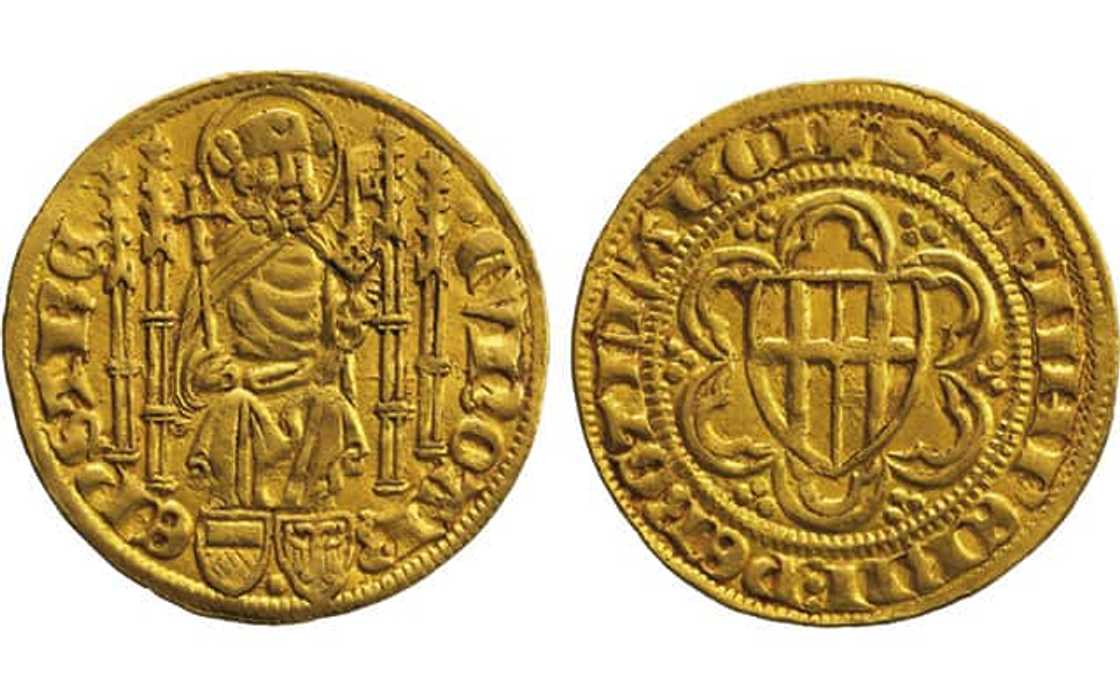
Source: Instagram
Ezana reigned over the Axum Kingdom during the 4th Century AD. The Axum kingdom covered a vast region, including modern-day Northern Ethiopia, Northern Somalia, Yemen, Djibouti, Southern Saudi Arabia, and Eritrea.
Ezana is revered as the first king of his region to switch to Christianity and becoming a saint of the Ethiopian Orthodox Tewahado Church. Besides this, he was a generous ruler who cared for the happiness of his subjects. Ezana also constructed various significant monuments and stelae during his regime.
6. Behanzin Hossu Bowelle
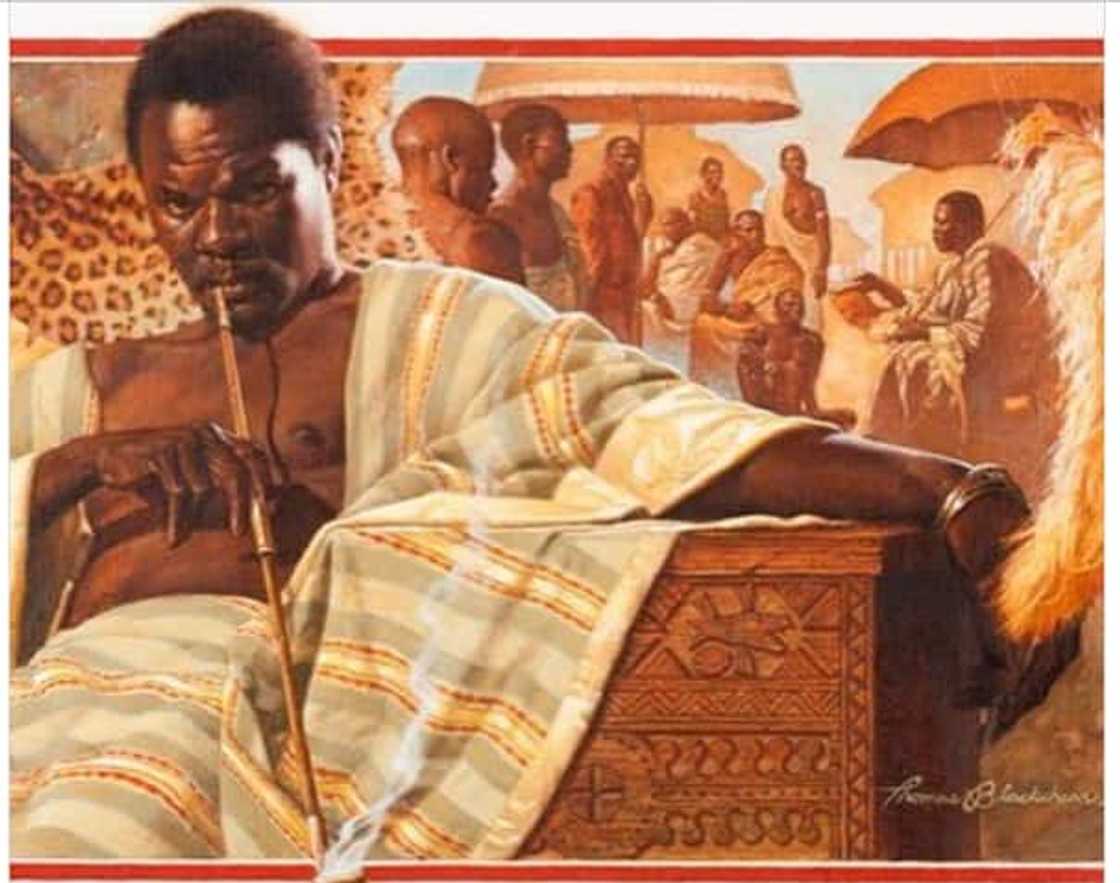
Source: Instagram
Behanzin Hossu Bowelle was arguably the bravest and most influential West African King who ruled during the end of the 19th century. He is also known as The King Shark. Among his many wins was out-powering the 1890 French voyage and demanding they pay to utilize the port of Cotonou. Behanzin was considered a courageous and wise king by his subjects because he commanded more than 150,000 male soldiers and 5000 infamous Amazon women.
7. Mansa Kankan Musa
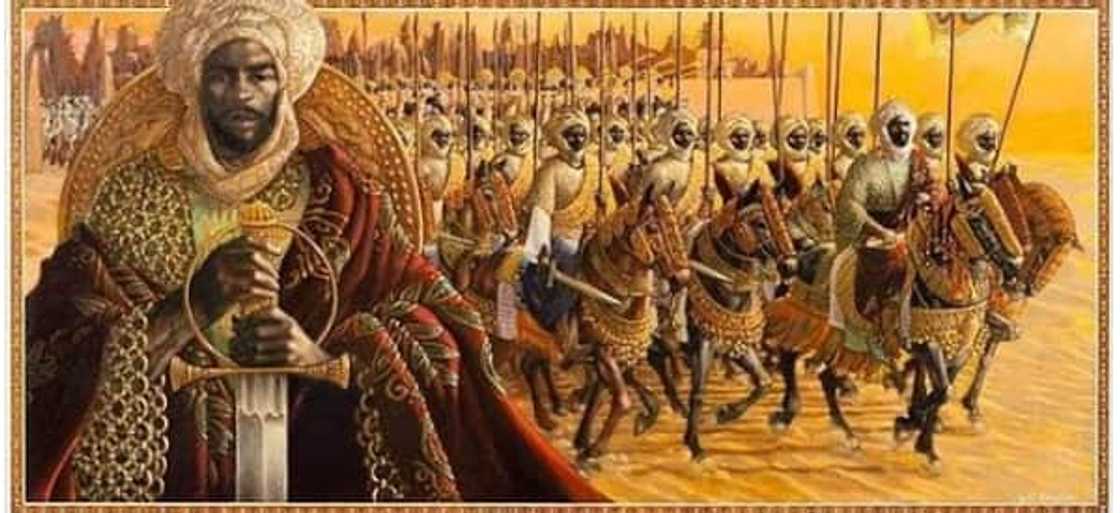
Source: Instagram
Mansa Kankan Musa was one of the wealthiest African warriors whose sovereignty lasted from 1312 to 1337 AD. Mansa was also the tenth sultan of Mali, and under his control, Mali conquered 24 cities. Due to his bravery and power, this African king earned many nicknames and titles, including Conqueror of Ghanata and Lion of Mali.
8. Cetshwayo Kampande
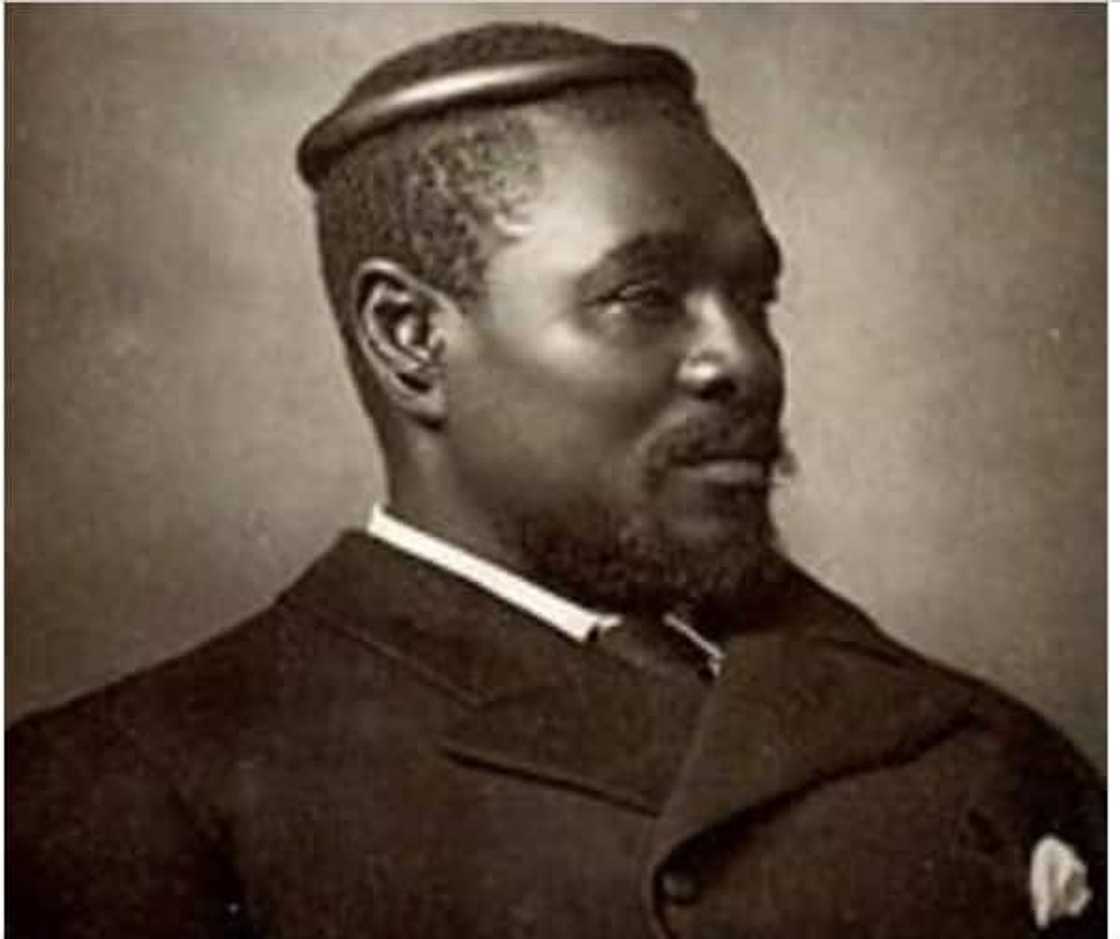
Source: Instagram
Cetshwayo Kampande is recognized as a true African hero owing to his victory against the British. When the Englishmen invaded Zululand with excessive force, Cetshwayo did not surrender and instead sent over 20,000 Zulu fighters. This army empowered the British in what was seen as the biggest opposing battles by the Africans, losing just 1000 of their warriors. At this battle, King Kampande managed to kill the heir of the French throne, Prince Napoleon.
9. Tunka Manin
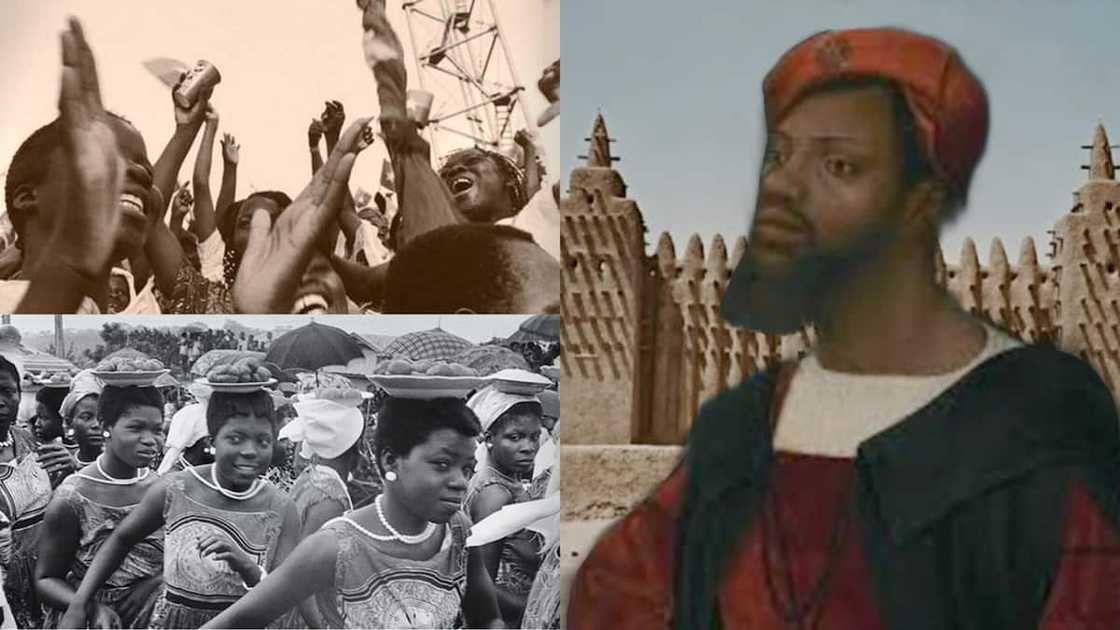
Source: Instagram
Tunka Manin ruled as the king of Wagadou from 1062-1076 AD. History books describe Tunka as just a king who mediated over most disputes in his realm personally. Besides his involvement in the communities, King Tunka also managed to boost the economy of his empire.
10. Warrior Queen Amina
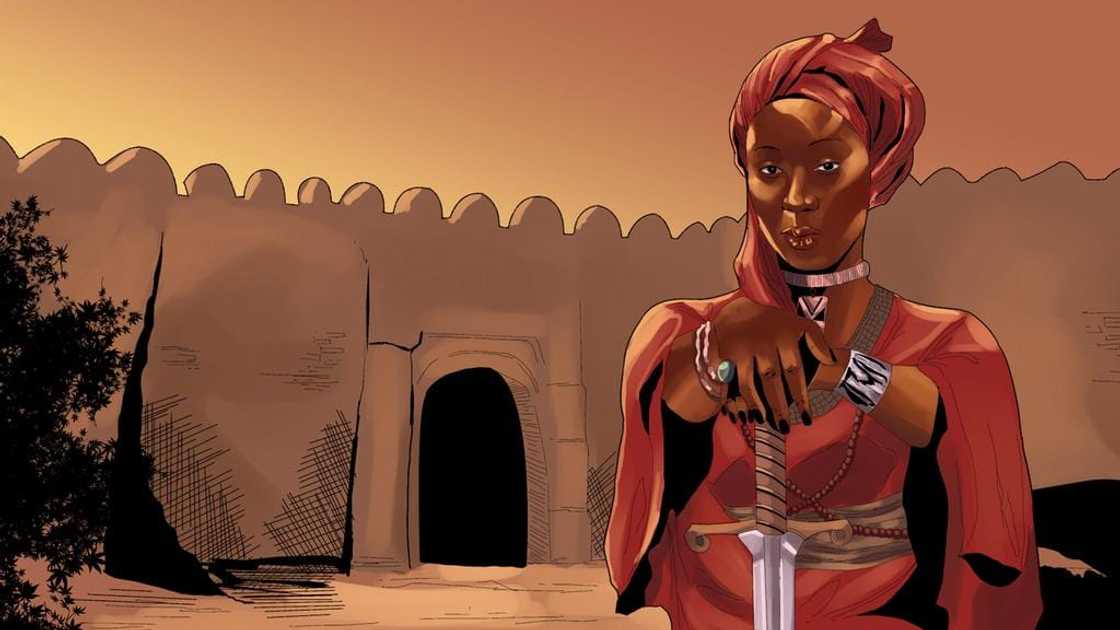
Source: Instagram
Amina, also referred to as Aminatu, was a renowned female warrior of the Zaria Emirate, today Nigeria. This warrior queen ruled for 34 years, during which she seized many cities. Queen Amina was an eager warrior. Even from a tender age, she showed interest in wielding weapons. To keep her authority, this female warrior refused to marry. A vital part of her legacy is that she began the cultivation of kola nuts in her kingdom.
11. Ewuare the Great
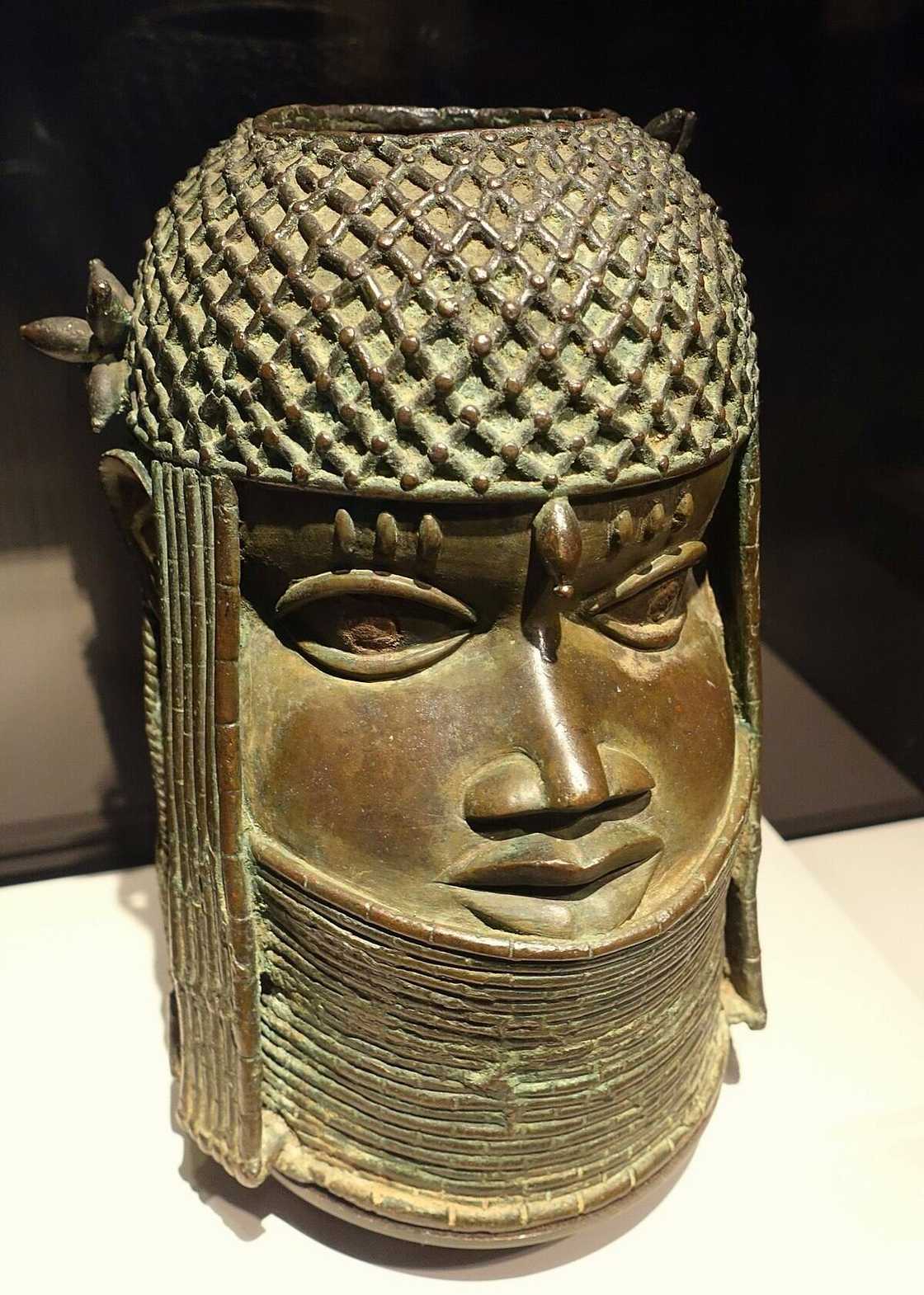
Source: Instagram
Ewuare was a legendary African warrior of the Benin Empire. He came into power after a bloody battle that claimed his brother’s life. Despite a rough start to his reign, Ewuare managed to rebuild the city. Under his regime, he conquered new cities, reformed political structures, became a patron of the arts, and encouraged trade with other countries that made ivory and wood famous. Most people believed that Ewuare had magical powers demonstrated in most of the artwork of the epoch. To date, an annual festival dubbed Igue is marked annually in Benin, and the meaning of the holiday is to renew Ewuare’s magical powers.
12. Shaka Zulu
One of the popularized traits of the Zulu fighters is their exceptional combat skills. As a result, Shaka Zulu, a fierce ruler of the Zulu community, introduced military reforms that enabled his people to gain their warrior culture and formidable reputation.
Why was Shaka Zulu deemed a warrior? Even though Shaka Zulu had the power to defeat many, the war was not his first decision. He was a skilful diplomat who incorporated other techniques to negotiate with his enemies. During his tenth year of rule, Shaka was in charge of 50,000 combatants and reigned over 250,000 people. So if you are looking for an African warrior tattoo, Shaka Zulu would be an ideal choice.
13. Ann Nzingha
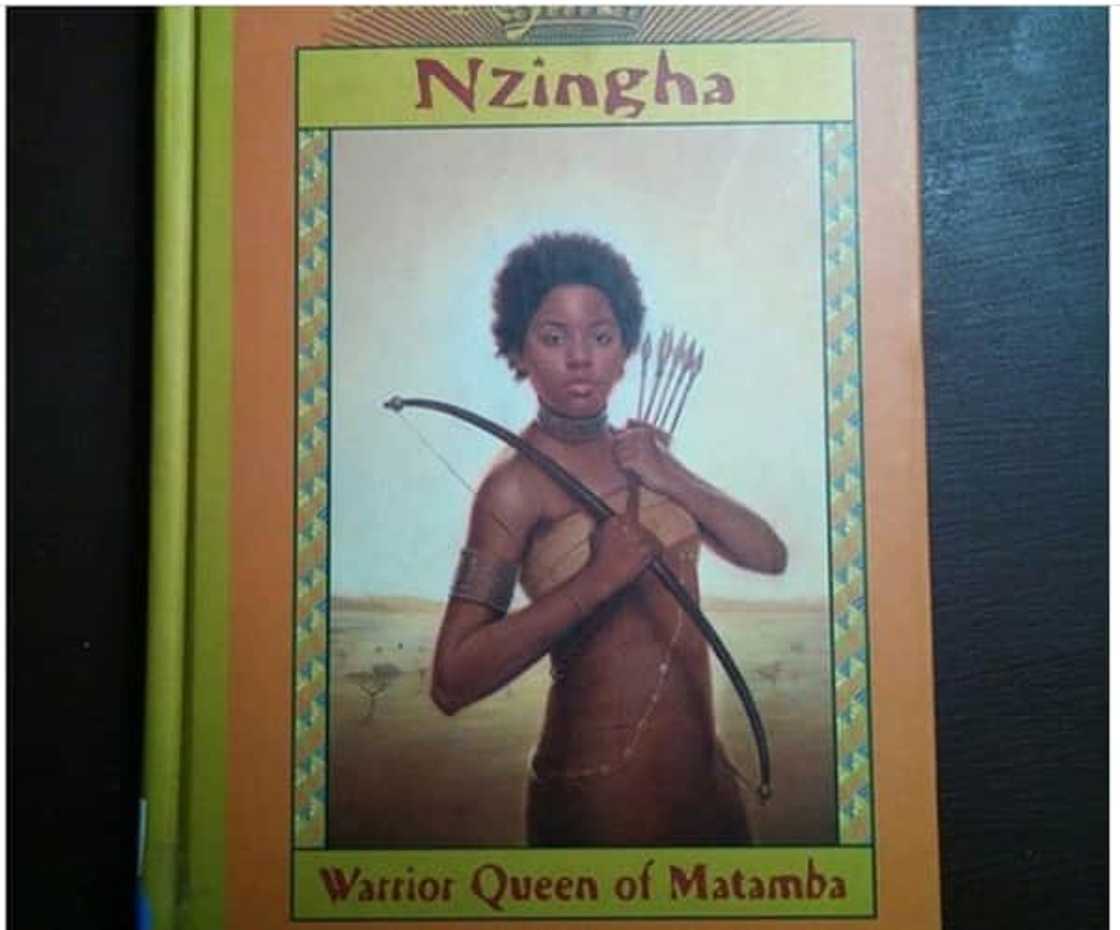
Source: Instagram
Ann Nzingha was a great queen and smart ruler of the Matamba and Ndongo Kingdoms, current Angola. She ruled over the Mbundu tribe during the 17th century and is celebrated for heroically and astutely fighting against the Portuguese to free her people. Besides, Queen Nzingha built a formidable army by recruiting runaway slaves as well as Portuguese-trained African soldiers. Matamba became a supreme trading power in the Central African region under the Nzingha rule. Over time, since her control, her nation was among the African countries that resisted Portuguese colonization after several attempts.
14. Amanirenas
Amanirenas ruled over the Kush Empire between 40 BC and 10 BC. She is remembered as a courageous female queen who defeated the Romans in Egypt with approximately 30,000 soldiers. After the defeat, the Romans tried to fight back, but Amanirenas and her army retained their power resistance. Finally, after three years of facing violent battles, the two parties decided to negotiate a peace pact. She was considered a devoted warrior for fighting alongside her army.
15. Carlota Lucumí
16. Ahmed Aba
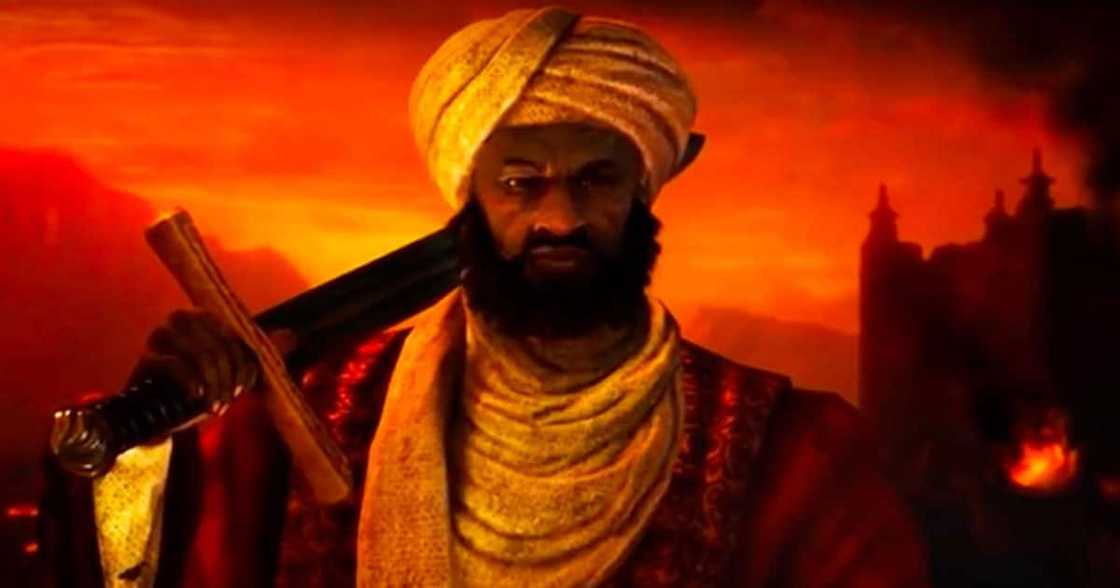
Source: Instagram
Ahmed was a great leader of the Songhai Empire, currently Niger, Northern Nigeria, Senegal, Gambia, Guinea, Mali and Mauritania. Although he was a renowned and fierce leader, he was highly educated and a great political provocateur. He died in the Sahara in 1627, although his empire collapsed in 1591 after the invasion of the Europeans and Arabs.
17. The Dahomey Amazons
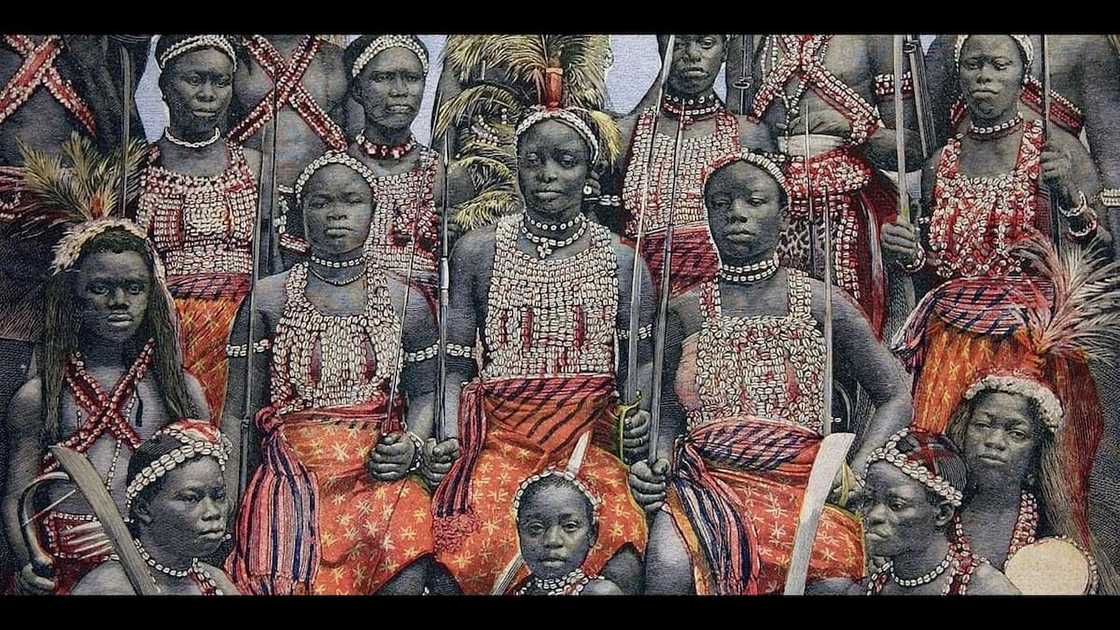
Source: Instagram
This was a women-only military regiment in the Kingdom of Dahomey, which is currently the Republic of Benin. These women were well trained to become ferocious fighters, and they had the reputation of decapitating soldiers right in the middle of battles. The female warriors fought alongside male soldiers in 1890 in the First Franco-Dahomean war against the French. Their impressive skills and remarkable agility allowed them to overwhelm the French troops.
18. Samori Ture
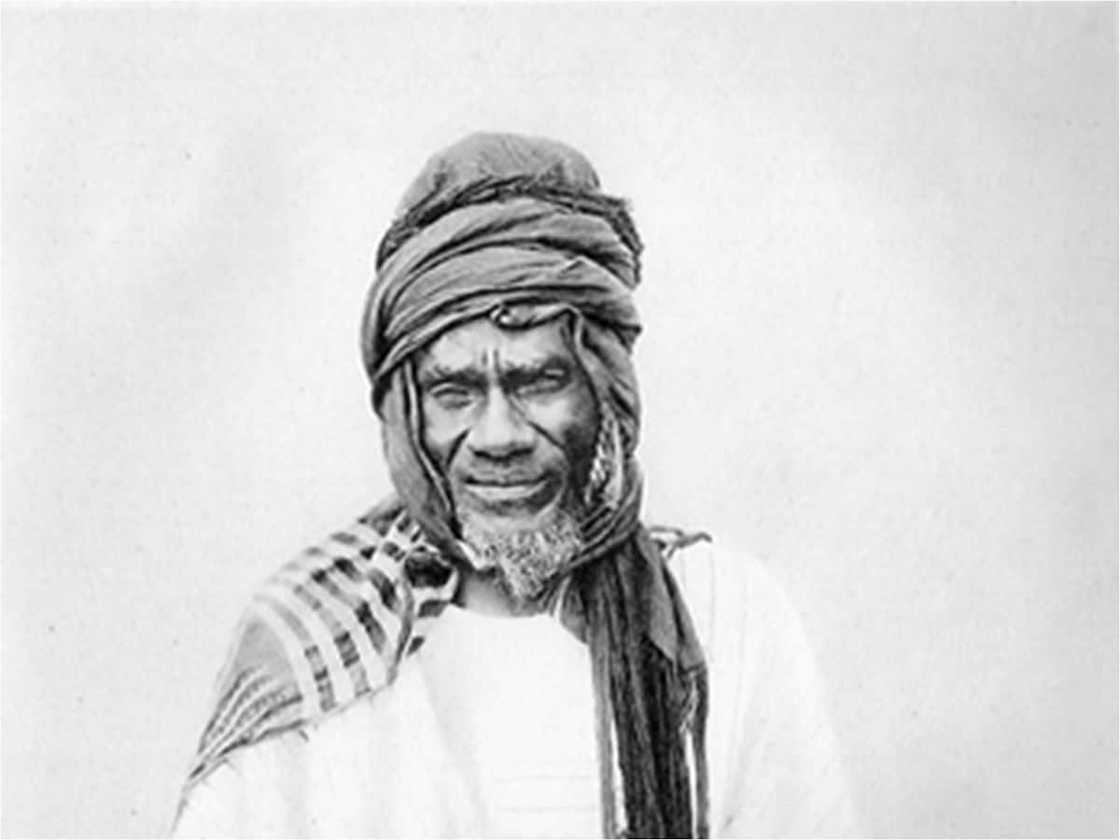
Source: Instagram
Ture was born in Sanankoro, a village in the Southeast of Kankan that is currently Guinea. The renowned leader utilised warfare and diplomacy to handle the French that was colonising the West African region. He is remembered today as the leading African opponent of European imperialism.
19. Sundiata Keita
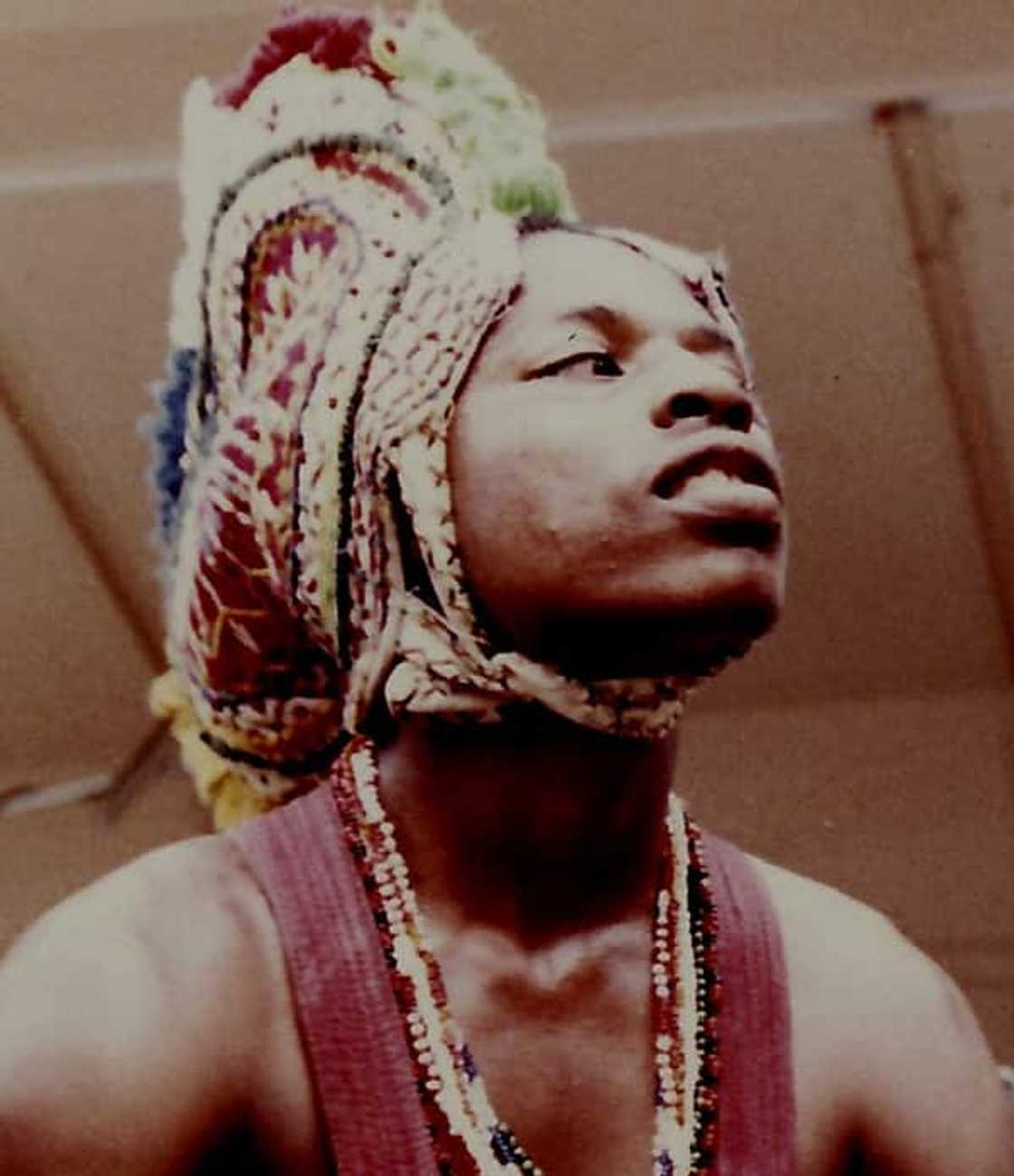
Source: Instagram
Keita is renowned as the founder of the ancient Mali Empire that comprises Guinea-Bissau, Gambia, Ivory Coast, Senegal, Niger, Mauritania and Mali. Through his outstanding leadership qualities, his kingdom became one of the richest in the world. He is still remembered and celebrated for his bravery and leadership.
20. Steve Biko
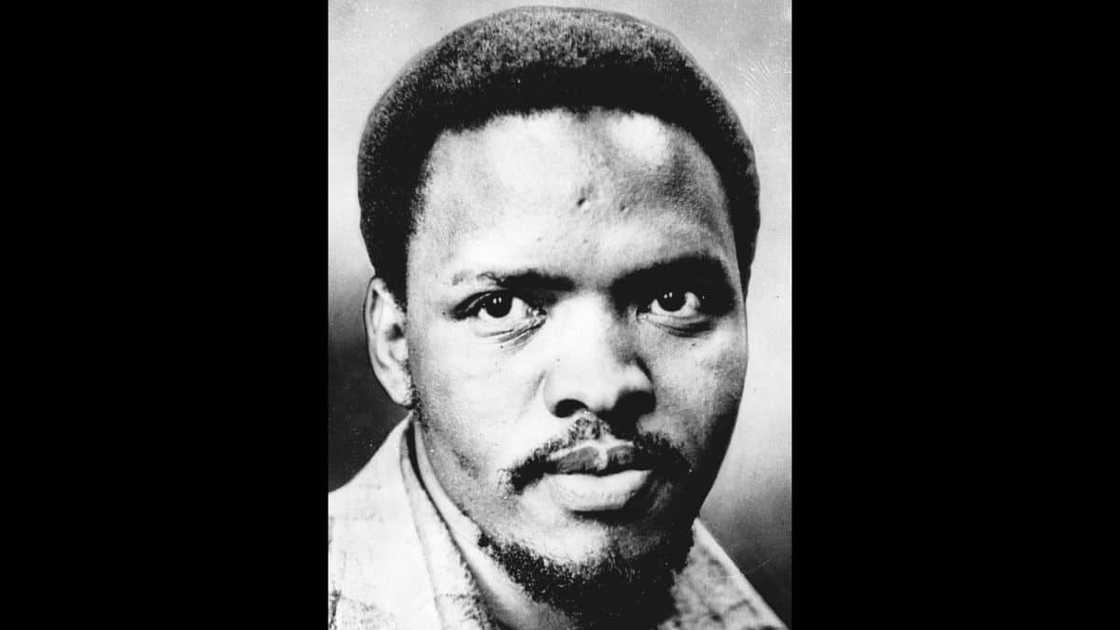
Source: Instagram
Steve is one of the most influential African leaders. He was among the founders of the South African Students Organization (SASO). He was among the few educated Africans then, which led to his election as the organisation's president. He was detained and died in his cell in Pretoria Central Prison.
These are just a few of the most influential African warriors that shaped African history. Their story is the true definition of black history facts. Even though most of their stories are considered folk tales, their bravery and achievements are still celebrated.
READ ALSO: Mandela Day 2021: date, ideas, theme, how to celebrate it
Briefly.co.za reported on July 18, 2021, about Mandela Day 2021. What does Mandela Day entail? On Mandela Day, people touch each other's lives for 67 minutes to remember how Nelson Mandela made the world a better place for humanity.
Is it a public holiday? It is not a public holiday, but people need to honour it because the legend paid a high price to liberate South Africans from psychological and physical colonialism. Read more about the day here!
Source: Briefly News



